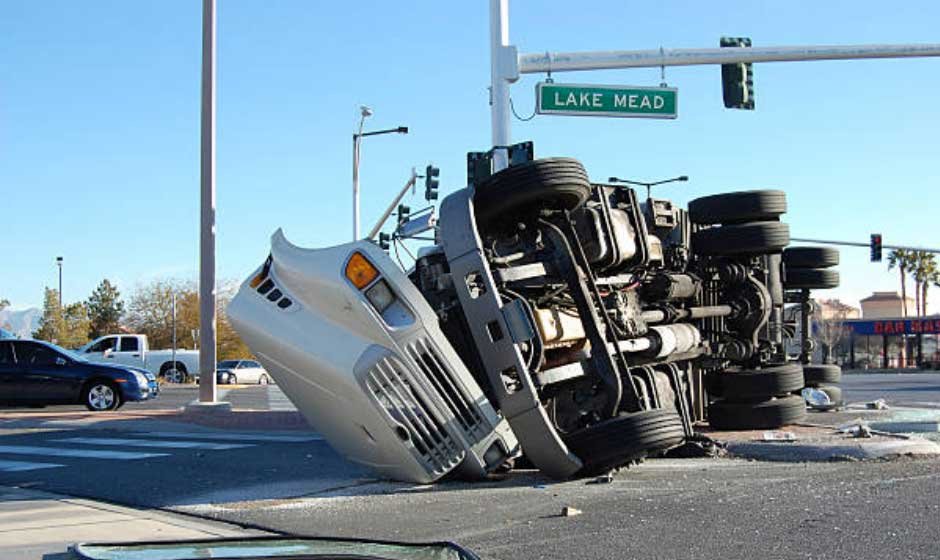Atlanta is a massive transportation hub, not just for Georgia but for the entire southeastern United States. With major interstates and I-20 weaving through the city, commercial trucks are everywhere, day and night. Because of this, Atlanta sees more than its fair share of trucking accidents. These accidents often involve serious injuries, huge commercial vehicles, and complicated legal questions.
That’s why understanding how trucking regulations come into play is not just helpful but necessary. These federal rules shape how a case unfolds, what counts as negligence, and how liability is determined.
If you’ve been involved in a truck accident here, it’s not just about Georgia law. Federal rules matter big time. In fact, those rules can make or break your case. That’s where the right guidance matters. A seasoned Atlanta truck accident attorney knows how to dig into the specifics of these regulations to find where things went wrong and who should be held accountable.
The Rules That Come Up Most Often in Truck Accident Cases
There are a few specific federal regulations that show up again and again when truck accidents happen. Each of these rules exists to protect the public, and when they’re ignored, people get hurt.
Hours of Service rules
Drivers are supposed to rest for at least 10 consecutive hours before getting back on the road, and even then, they can’t drive more than 11 hours in one stretch. It’s all designed to keep exhausted drivers off the road. But when those rules are broken, fatigue sets in, and a sleepy driver behind the wheel of an 80,000-pound vehicle is a recipe for disaster.
Vehicle maintenance
Trucking companies are required by law to regularly inspect and maintain their trucks. If a company skips out on checking the brakes or tires, and that failure leads to a crash, that’s a major problem and a key piece of evidence in your case.
Driver qualification
Every driver is supposed to have a valid Commercial Driver’s License (CDL) and be physically fit to operate a truck. If someone without proper training or a medical issue is allowed behind the wheel, that’s a dangerous shortcut taken by the employer, and that shortcut can have life-altering consequences.
How These Federal Rules Affect the Evidence in Your Case
One of the reasons truck accident cases are different from regular car accident cases is the amount and kind of evidence involved. Trucking is a heavily regulated industry, and all that regulation means more documentation and more opportunities to prove wrongdoing.
For instance, Electronic Logging Devices (ELDs) are installed in most trucks and record how many hours a driver has been on the road. This data can show if the driver was following Hours of Service rules or if they were driving for way too long.
Maintenance logs are another crucial piece. Federal law requires trucking companies to document all inspections and repairs. If there’s no record of brake inspections, or if the same issue keeps coming up, that can show a pattern of neglect.
Even driver qualification files, which every company is supposed to keep, can be revealing. These include driving records, CDL verification, and medical certifications. If something’s missing or out of date, it raises serious questions about the company’s hiring and training practices.
Why Trucking Companies Can Be Held Liable in Georgia
Under Georgia law, there’s a statute called O.C.G.A. § 51-2-2 that deals with vicarious liability. In simple terms, it means an employer can be held legally responsible for what their employees do while on the job.
So, if a truck driver causes an accident while making a delivery, the trucking company they work for can be held liable, even if the company’s owner wasn’t driving the truck or even present at the scene.
This is a big deal because in truck accident cases, going after just the driver isn’t enough. The real power and the real insurance coverage often lie with the company. And vicarious liability allows injury victims to go after the responsible business, not just the individual behind the wheel.
Basically, when a truck accident happens, someone has to be accountable. And with the right legal help, you can hold them to the rules they were supposed to follow in the first place.










